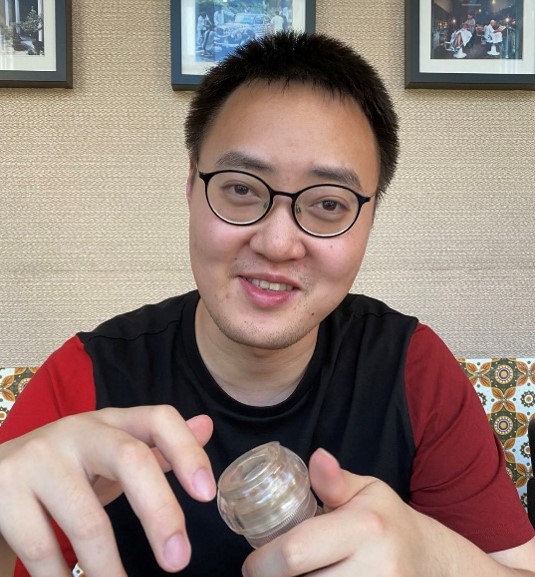Image


Yuan Chen is a post-doctoral research associate in instrumentational development and application for chemical species tomography at The University of Edinburgh. His research interests are in the areas of developing agile tomography systems for combustion diagnosis and carbon capture process monitoring.